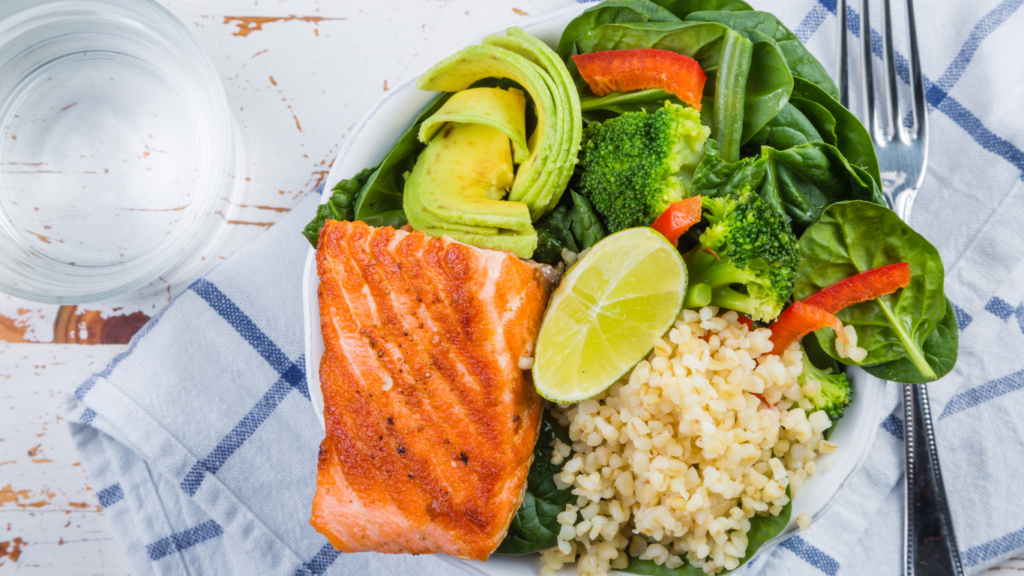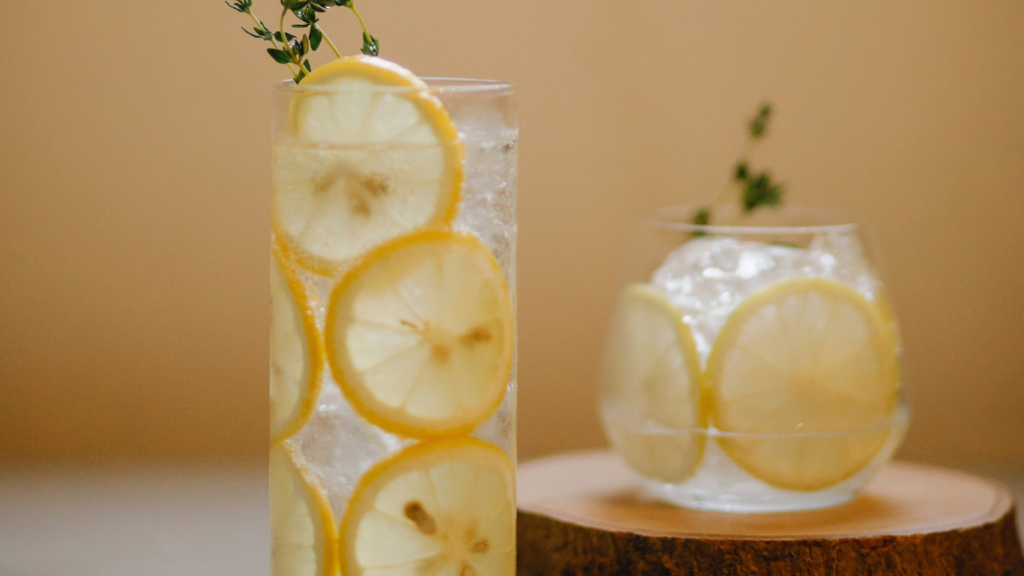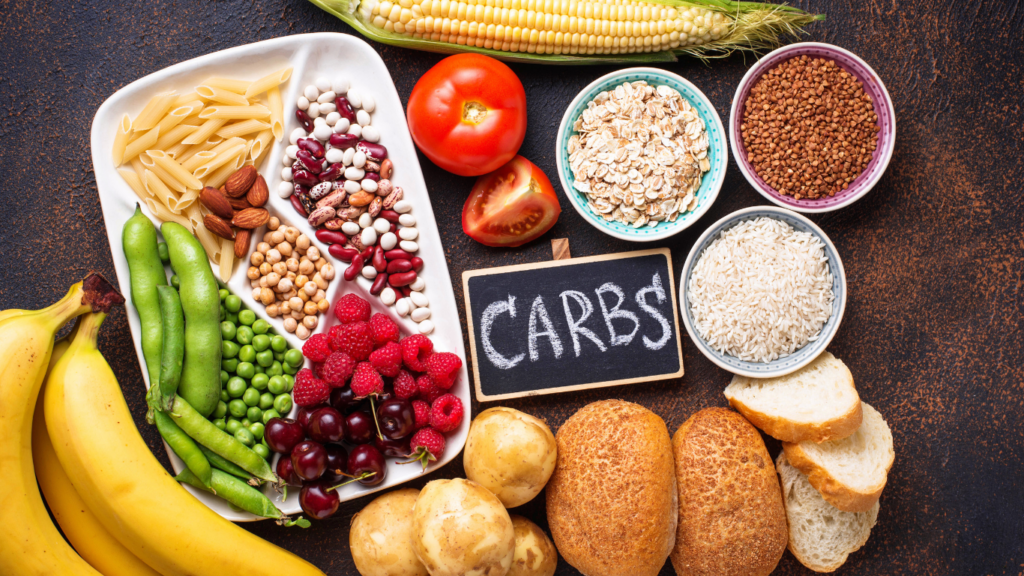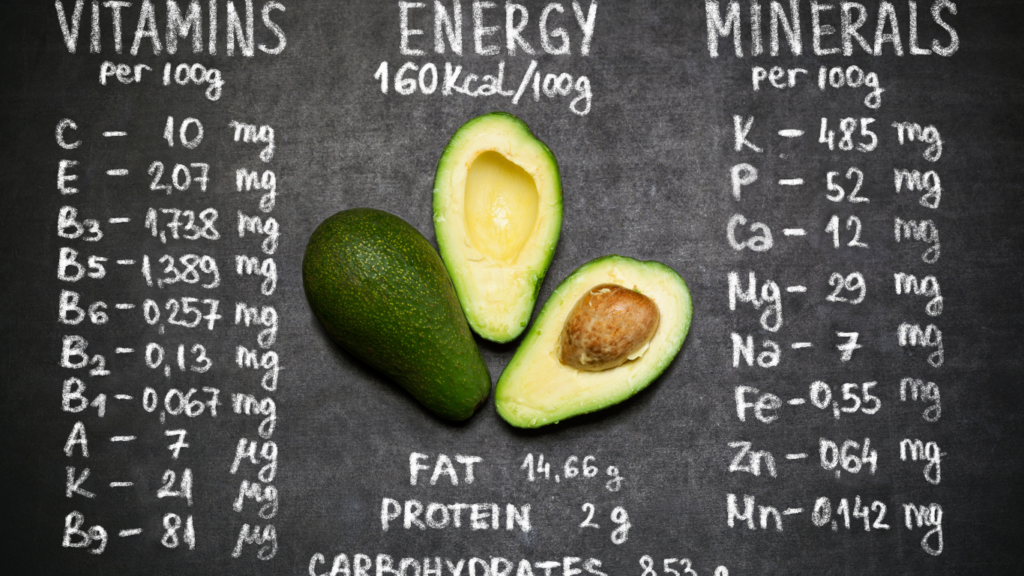Importance Of Pre-Game Nutrition
Pre-game nutrition directly affects athletic performance. Eating the right combination of macronutrients like carbohydrates, proteins, and fats ensures that the body has ample energy to sustain physical activity. Carbohydrates replenish glycogen stores, proteins aid muscle repair, and fats provide long-term energy.
The timing of meals plays a crucial role. Consuming a meal 3–4 hours before activity provides enough time for digestion, reducing discomfort or fatigue during performance. Smaller snacks consumed 30–60 minutes before exercise supply an extra energy boost without upsetting the stomach.
Hydration is equally important. Dehydration impairs performance, so drinking fluids consistently before a game keeps the body functioning at its peak. Including electrolyte-rich beverages alongside meals prevents cramping and maintains fluid balance.
Skipping or delaying meals can lead to low glycogen levels, reduced blood sugar, and early fatigue. Athletes performing at high intensity, like runners or soccer players, need adequate pre-game fueling to maximize endurance and focus throughout the game. Each pre-game meal sets the foundation for achieving better results.
Key Nutrients For Maximum Energy
Key nutrients fuel the body for peak performance. Each nutrient plays a specific role in maintaining energy, focus, and endurance during physical activity.
Carbohydrates
Carbohydrates act as the primary energy source for athletes. Complex carbs, like whole grains, sweet potatoes, and oatmeal, help supply sustained energy by replenishing glycogen stores. Simple carbs, like fruits or sports drinks, provide quick boosts when consumed closer to game time. Consuming 3–5 grams of carbohydrates per kilogram of body weight 3–4 hours before activity optimizes energy levels.
Proteins
Proteins support muscle repair and recovery. Lean sources, such as chicken, turkey, eggs, and plant-based options like tofu and legumes, are ideal for reducing muscle soreness and maintaining strength. Aim for 20–30 grams of protein in a pre-game meal to balance energy and recovery needs without digestive discomfort.
Fats
Fats offer a secondary energy source for endurance activities. Healthy fat options, like avocados, nuts, seeds, and olive oil, provide long-lasting energy while aiding nutrient absorption. Keep fat intake moderate, as excessive fats may slow digestion when consumed too close to activity.
Hydration

Hydration impacts energy and focus during competitions. Water, when consumed regularly, ensures fluid balance, while electrolyte drinks restore sodium and potassium lost through sweat. Drink at least 16–20 ounces of water 2–3 hours pre-activity, with an additional 8–12 ounces during warm-up for optimal hydration.
The Best Pre-Game Meals
Choosing the right foods before a game ensures optimal energy levels and sustained performance. Timing and nutrient balance play a crucial role in determining what to eat.
Breakfast Options
I recommend high-carb, moderate-protein options in the morning for prolonged energy. Oatmeal with sliced banana and almond butter provides complex carbs and healthy fats. Whole-grain toast with avocado and scrambled egg delivers protein and essential fats. For lighter choices, a fruit smoothie made with Greek yogurt, spinach, and berries offers a nutrient-packed alternative.
Lunch Ideas
Lunch meals should include:
- carbohydrates
- lean proteins
- healthy fats
for muscle support and energy. Grilled chicken with brown rice and steamed broccoli is a well-rounded option. A quinoa salad with chickpeas, cherry tomatoes, and olive oil gives plant-based energy. For a sandwich, whole-grain bread with turkey, spinach, and hummus combines carbs and protein efficiently.
Quick Snacks Before The Game
Closer to game time, smaller, carb-rich snacks provide a quick energy boost. Granola bars with minimal added sugar are convenient and effective. A sliced apple with peanut butter mixes fast-acting and sustained energy sources. Rice cakes topped with honey or a small handful of trail mix with nuts and dried fruit are other great choices.
Timing Your Pre-Game Meal
Strategic timing ensures the body effectively digests and absorbs nutrients for peak performance. It’s essential to plan meals and snacks around activity schedules.
How Long Before The Game Should You Eat?
Eating 3–4 hours before a game allows proper digestion and maximizes energy storage. Larger meals should be consumed during this window. For example, grilled chicken with quinoa or oatmeal topped with fruit fits well here. A smaller snack, like a granola bar or a banana, works best when eaten 30–60 minutes prior to game time. This snack provides a quick energy boost without causing discomfort.
Meal Size Guidelines
The size of your meal should correspond to the time before the game. Larger meals, with higher caloric content and a mix of carbs, proteins, and fats, are suitable 3–4 hours before. For instance, baked salmon with sweet potato and asparagus can be filling without being too heavy. Smaller portions, under 200 calories, work better closer to the game, especially when consumed within 1 hour. Examples include apple slices with peanut butter or a rice cake with honey. Ensure portion sizes fuel activity without hampering agility or causing bloating.
Foods To Avoid Before A Game
Certain foods can hinder performance and energy levels during a game. Understanding which ones to skip ensures better physical output and focus.
- High-Fat Foods: Fast foods, fried snacks, and heavy creams slow digestion, causing discomfort and sluggishness during activity. Fat-heavy options delay energy release, making them ineffective pre-game.
- Excessive Sugars: Sweets, sodas, and pastries cause rapid blood sugar spikes and crashes, leading to energy depletion. Their quick energy boost fades before the game ends, affecting endurance.
- High-Fiber Foods: Beans, lentils, and cruciferous vegetables like broccoli or cauliflower can cause bloating or gastrointestinal discomfort if consumed right before physical activity.
- Spicy Foods: Peppers, hot sauces, and spicy curries may irritate the stomach, increasing the risk of heartburn or discomfort during performance.
- Carbonated Beverages: Sodas and sparkling waters lead to bloating, reducing physical comfort during gameplay. Carbonation causes gas buildup, which may interfere with breathing.
- Alcoholic Drinks: Even small quantities negatively impact hydration levels and coordination. Alcohol impairs focus and delays reaction times.
Choosing nutrient-dense and easily digestible options over these foods ensures optimal pre-game preparation.





